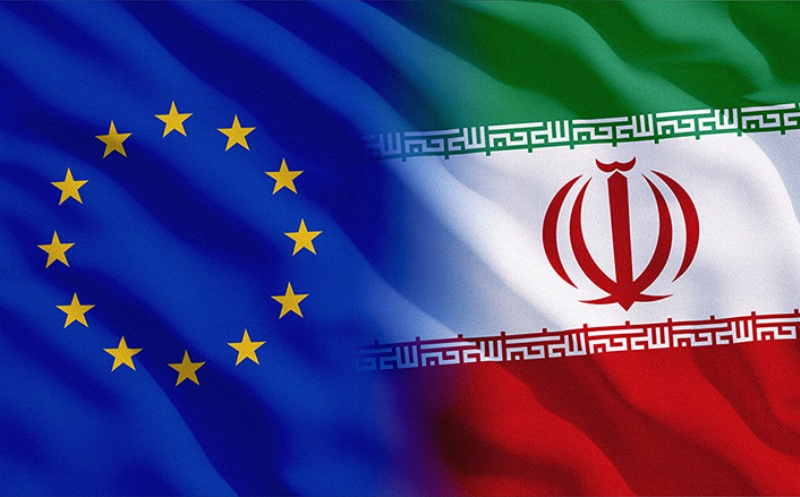Professor Jahanpour: EU Countries Unable to Stand up to President Trump to Prevent JCPOA Erosion

Farhang Jahanpour, Professor at Oxford University, says the EU's subordination to the US claim about Iran's involvement in Aramco attack indicates that the three European countries and the EU as signatories to the JCPOA cannot act independently of the White House.
In an exclusive interview with FNA, Professor Jahanpour said the EU’s efforts to save the Joint Comprehensive Plan of Action “has not so far materialized due to US objections”.
Professor Farhang Jahanpour received a Ph.D. Degree in Oriental Studies from Cambridge University, and taught Persian language and literature at Cambridge University. Since 1985 he has been teaching courses on the Middle East at the Department of Continuing Education at the University of Oxford.
Below is the full text of the interview:
Q: How do you view Europe’s commitment to the JCPOA?
A: The EU was a signatory to the JCPOA and unanimously approved it. There is no question that EU leaders are committed to it and would like to protect it. For over a year, the EU and particularly the three countries that were the signatories to the JCPOA, namely the United Kingdom, France and Germany, tried to devise a financial mechanism to bypass US sanctions. Furthermore, President Macron proposed providing Iran with a $15 billion letter of credit to keep the nuclear deal alive, in return for Iran returning to full compliance. The $15b package would make up for only a portion of Iran’s loss due to her inability to sell her oil as the result of the sanctions, but even this has not so far materialized due to US objections.
The problem is that recent events have shown that the EU seems unable or unwilling to act independently of the United States. Since President Macron’s failed attempts to arrange a meeting between Presidents Rouhani and Trump on the sidelines of the UN General Assembly, the three European countries have hardened their position towards Iran. In addition to blaming Iran for the Houthi-claimed attacks on Saudi refineries, they have also strongly criticized Iran for violating some of her commitments under the JCPOA and have even threatened that if Iran continues on this path they might report Iran to the Security Council.
Therefore, it seems that despite their desire to help Iran to make up for some of her losses due to US sanctions and to prevent further erosion of the JCPOA, the EU countries are not able to stand up to President Trump and go against his wishes.
Q: The US withdrew from the nuclear deal and discouraged other signatories from fulfilling their commitments. Still, it talks about making a new deal with Iran. Do you see any logic behind the US offer for a new deal?
A: I believe that the US administration is divided on the issue of how to deal with Iran. From his recent actions, it is clear that President Trump personally would not like to start a new conflict with Iran, especially on the eve of the presidential elections. A conflict in the Persian Gulf will send oil prices sky high, something that would anger US voters, and might also inflict huge damage on US allies who are very vulnerable to missile attacks. However, some members of the US administration and some hawks in Congress are still demanding some form of action against Iran.
Although neither side would like to give in to the other side’s demands and lose face, any form of compromise is preferable to a conflict with all that it entails. Therefore, I believe it is incumbent on both sides to try to resume talks and reach a reasonable agreement. It seems that on the sidelines of the UN General Assembly, the two sides were willing to meet, but President Trump’s insistence to increase sanctions on Iran dissuaded President Rouhani from meeting him.

